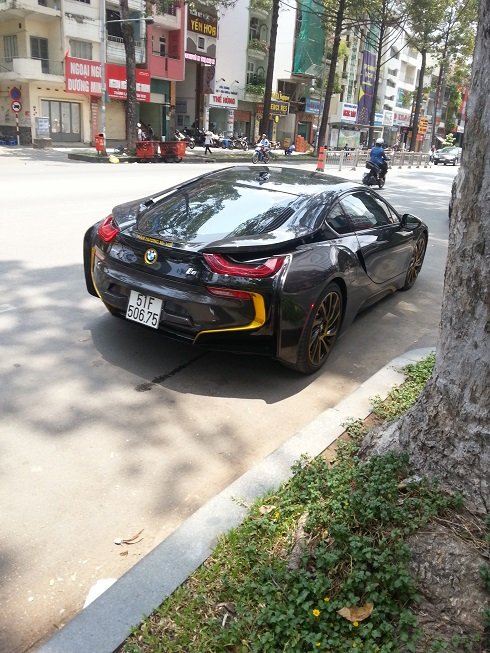- Joined
- Sep 6, 2017
- Messages
- 919
- Reaction score
- 1,256
Roddosnow, Your question is very interesting, and I shall try to answer it as best as I can.
Over the years I have used all sorts of detectors both prototype and production models. Detectors are no different from most other types of equipment, in that variations will exist in supposedly identical products. You have probably experienced this yourself. Let's use motor cars as an example. I myself have seen that two cars, supposedly identical, but one just seems to have a bit more get up and go than the other, or uses more fuel, or runs smoother. How can this be, when they were built in the same factory, same engine and transmission, and same everything.
Getting in back to detectors. When I first bought my GPZ7000 it ran smooth as silk, and disregarding the weight, it was a ripper. My friend was not so lucky. His was a temperamental, ill mannered dog of a machine. At first I thought he was just having trouble adjusting to the new technology, but when I used it I understood what he was complaining about. It was not right. He returned it, but was told that after testing it was found to be faultless. Then the ferite ring was brought out to remedy a problem that supposedly did not exist. It made a slight difference, but it still did not behave anywhere near mine. The next supposed problem fixer was a software update. It made no difference to my machine that I could discern, but once again my mates detector showed minor improvement, but still below par. In the end he sold it, after being honest with the buyer that he did not think it was as good as it should have been. He took quite a hit on the price, and we have since learned that his was not a totally isolated case.
How could that have happened? The components are supposed to be identical, but that is an impossibility. Perfection exists only in theory. Two components may be very close to identical, but not identical. A machine that is constructed of components that are very close to their specified design and function will run very well, but you only need to have a few bits not close enough to tolerance and the finished product is faulty. Testing and quality control may not always show any faults, but in the field you are in possession of a 'dog'.
In the case of the QED Howard goes to extreme lengths in his choice of components, and final testing, however small variations may occur, and I have yet to see a sub standard detector that he has built slip through. In the unlikely event of this happening Howard would replace it immediately as he is a stickler for quality. (unlike some others)
Over the years I have used all sorts of detectors both prototype and production models. Detectors are no different from most other types of equipment, in that variations will exist in supposedly identical products. You have probably experienced this yourself. Let's use motor cars as an example. I myself have seen that two cars, supposedly identical, but one just seems to have a bit more get up and go than the other, or uses more fuel, or runs smoother. How can this be, when they were built in the same factory, same engine and transmission, and same everything.
Getting in back to detectors. When I first bought my GPZ7000 it ran smooth as silk, and disregarding the weight, it was a ripper. My friend was not so lucky. His was a temperamental, ill mannered dog of a machine. At first I thought he was just having trouble adjusting to the new technology, but when I used it I understood what he was complaining about. It was not right. He returned it, but was told that after testing it was found to be faultless. Then the ferite ring was brought out to remedy a problem that supposedly did not exist. It made a slight difference, but it still did not behave anywhere near mine. The next supposed problem fixer was a software update. It made no difference to my machine that I could discern, but once again my mates detector showed minor improvement, but still below par. In the end he sold it, after being honest with the buyer that he did not think it was as good as it should have been. He took quite a hit on the price, and we have since learned that his was not a totally isolated case.
How could that have happened? The components are supposed to be identical, but that is an impossibility. Perfection exists only in theory. Two components may be very close to identical, but not identical. A machine that is constructed of components that are very close to their specified design and function will run very well, but you only need to have a few bits not close enough to tolerance and the finished product is faulty. Testing and quality control may not always show any faults, but in the field you are in possession of a 'dog'.
In the case of the QED Howard goes to extreme lengths in his choice of components, and final testing, however small variations may occur, and I have yet to see a sub standard detector that he has built slip through. In the unlikely event of this happening Howard would replace it immediately as he is a stickler for quality. (unlike some others)







